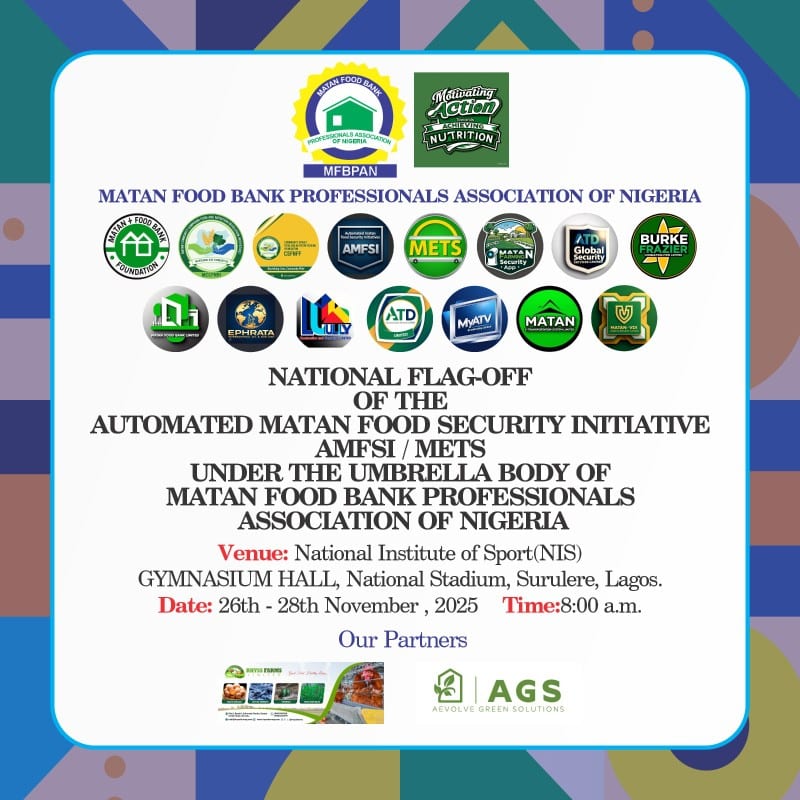The Federal Government, through the Federal Ministry of Agriculture and Rural Development (FMARD), has moved to increase Groundnut production, processing, and value addition to address the country’s food and nutrition challenges.
South West Zonal Director of the Ministry, Mrs Omolara Oguntuyi-Abimbola, stated this in Ibadan on Wednesday at the workshop on the Effects of Pests and Diseases in Groundnut Production.
She said the gathering was made up of key players, particularly farmers and researchers, amongst others, who were charged with reviewing the subsector’s current status, identifying challenges and opportunities, and proposing solutions to these challenges as well as charting a roadmap for its development in the areas of discussion.
There is no gain in saying that Nigeria is blessed with a diverse agricultural endowment to drive the country’s economy but this has been relegated to the background due to years of neglect of the sector. Many thanks, therefore, go to this administration that has made agriculture the centre of its economic diversification
Nothing is more important than food. A nation that does not feed itself becomes a threat to its sovereign existence. Growing our food, processing what we produce, becoming competitive in export markets, and creating jobs all across our economy are crucial for our national security.
Nigeria has immense agricultural potential. We have 84 million hectares of arable land but only cultivate 40 per cent. We have 263 billion cubic meters of water with two of the largest rivers in Africa. We have a cheap labour force for agricultural intensification.
“Our population of close to 200 million makes us a huge market. But we must not be the market for others. We must grow and process our food. We must feed ourselves. We must create markets locally for our farmers. Charity they say begins at home,” Oguntuyi-Abimbola said.
She noted the great potential in agriculture, adding that no one eats potential.
“To unlock the potential of agriculture to once again drive the economy, we embarked on a major transformation of the agricultural sector. We are doing this by rapidly transforming key agricultural value chains from the farm to the table. We are treating agriculture as a money-making business and not as a charitable development project.
Consequently, the Ministry has put in place various measures to increase production, processing and value addition. These include support for research through the National Agricultural Research System in the country, making available various classes of seeds, sensitization and capacity building for stakeholders, and other supports, including the establishment of cottage processing centres at different locations across the country, among others.
“This is yet another giant stride in the series of sensitization workshops being conducted by the Ministry across the country. In carrying out this assignment we should know that none of us is stronger than all of us. It is therefore pertinent that we work together as a team for this common goal of positively transforming the agricultural value chain in Nigeria,” the Director said.
Also, in her address, Dr Florence Kakulu, the State Coordinator, FMARD, urged participants at the workshop to step down the knowledge with other farmers.
According to her, the Federal Ministry of Agriculture and Rural Development, through the Federal Department of Agriculture, is responsible for carrying out surveillance on the incidence of yield and yield parameters of various crop commodities through its specialized units.
She noted that the greatest of the yield parameters, which are pests and diseases of crops, can reduce crop yield to zero if not tackled at an early stage of infection.
“The purpose of this workshop is therefore to address pests and diseases of groundnut and their effects and management practices to improve farmer’s income and livelihood.
“As we all know, pests and disease control are very vital to crop cultivation because of the negative impact they can have on farm families’ livelihood and the nation at large.
“Groundnut rosette is the most destructive viral disease of groundnut which is transmitted between plants by insect vectors such as the groundnut aphid which can cause a considerable setback to groundnut farmers if not tackled,” Kakulu said.












